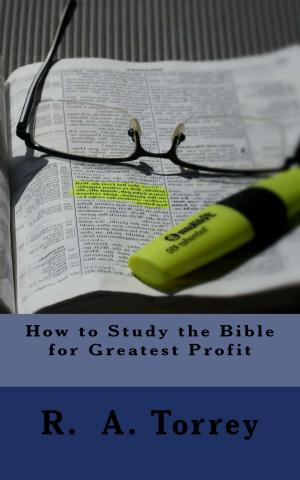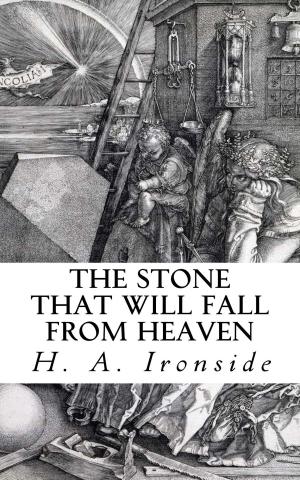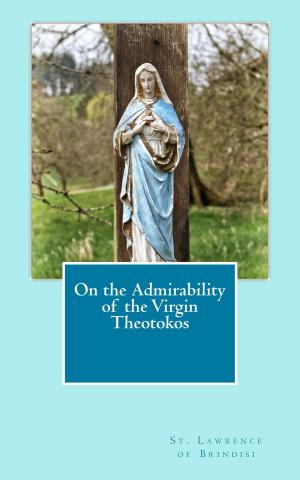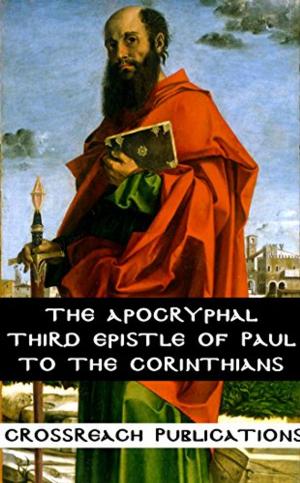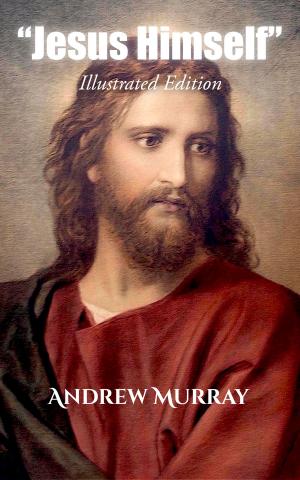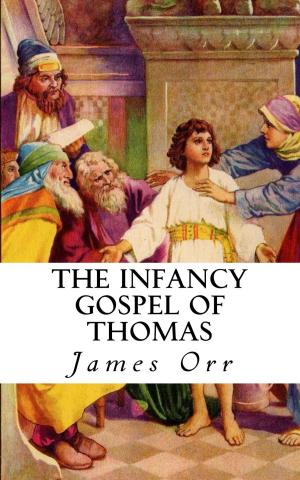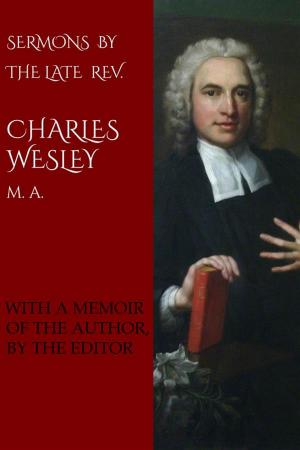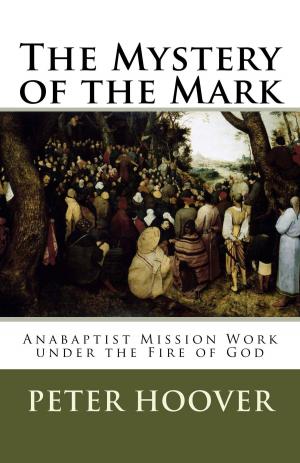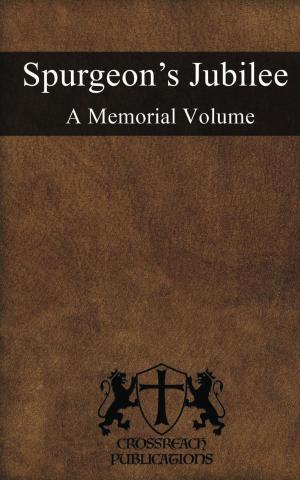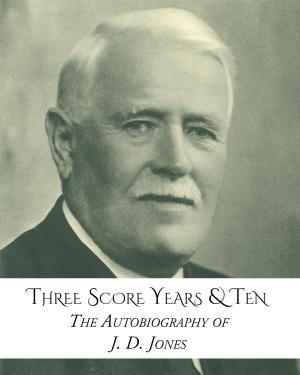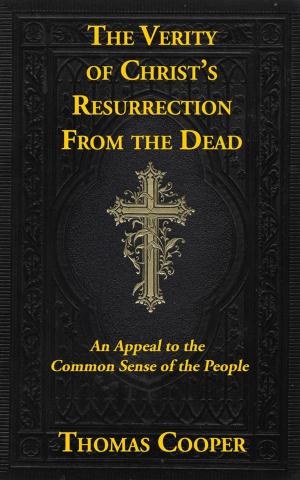Sermons by the Late Rev. Charles Wesley
Nonfiction, Religion & Spirituality, Christianity, Christian Sermons, Christian Literature| Author: | Charles Wesley | ISBN: | 1230001941043 |
| Publisher: | CrossReach Publications | Publication: | September 28, 2017 |
| Imprint: | Language: | English |
| Author: | Charles Wesley |
| ISBN: | 1230001941043 |
| Publisher: | CrossReach Publications |
| Publication: | September 28, 2017 |
| Imprint: | |
| Language: | English |
The Rev. Charles Wesley was descended from a long line of learned and pious ancestors, who had the honour of being sufferers, in the different ages wherein they lived, for their steady adherence to their religious principles.
His most striking excellence was humility; it extended to his talents as well as virtues; he not only acknowledged and pointed out, but delighted in the superiority of another, and if there ever was a human being who disliked power, avoided pre-eminence, and shrunk from praise, it was Charles Wesley.
“In their lives they were lovely, and in their deaths they were not divided.”
His poetical talents were confined to sacred subjects; he wrote short hymns on the most remarkable passages of the Old and New Testament. There is not a point of divinity, doctrinal, experimental, or practical, which he has not illustrated in verse. His funeral hymns breathe not only the spirit of poetry, but the extreme susceptibility of the pious author, and the religion of the heart.
As a preacher he was impassioned and energetic; and expressed the most important truths with simplicity, brevity, and force.
Most of these sermons were delivered in his early youth, when he was in America: the thirteenth sermon, by the Rev. John Wesley, was never published amongst his works. They are presented to the public by his widow.
The Rev. Charles Wesley was descended from a long line of learned and pious ancestors, who had the honour of being sufferers, in the different ages wherein they lived, for their steady adherence to their religious principles.
His most striking excellence was humility; it extended to his talents as well as virtues; he not only acknowledged and pointed out, but delighted in the superiority of another, and if there ever was a human being who disliked power, avoided pre-eminence, and shrunk from praise, it was Charles Wesley.
“In their lives they were lovely, and in their deaths they were not divided.”
His poetical talents were confined to sacred subjects; he wrote short hymns on the most remarkable passages of the Old and New Testament. There is not a point of divinity, doctrinal, experimental, or practical, which he has not illustrated in verse. His funeral hymns breathe not only the spirit of poetry, but the extreme susceptibility of the pious author, and the religion of the heart.
As a preacher he was impassioned and energetic; and expressed the most important truths with simplicity, brevity, and force.
Most of these sermons were delivered in his early youth, when he was in America: the thirteenth sermon, by the Rev. John Wesley, was never published amongst his works. They are presented to the public by his widow.

